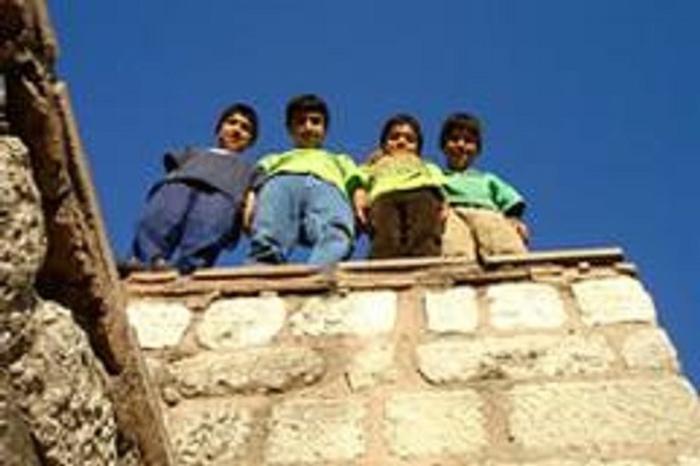Nicole Oliveira - ProposalUntil when will the real estate market dictate the rules?The landscape observed from my bedroom window has been undergoing major changes, demolitions and cranes have replaced the single-storey houses in the neighborhood. Therefore, the city is in constant movement, today many neighborhoods in the city of São Paulo are undergoing spatial, social and economic transformations. These changes, brought about by the demands of the real estate market.
According to researchs, in 2019 civil construction was responsible for 6.2% of Brazil's GDP, in which most of the works are carried out by construction companies. With that, they end up determining what should be built, for whom to build and with what capital to do it. However, the dynamics established by this group has generated a city increasingly cut by walls, fractured, uneven and segmented. An example of this reality is the superiority of the growth of the demographic density of favelas in Brazil when compared to the city as a whole, this disparity is even more notable when comparing this growth with the city center, where there is the largest number of properties without inhabitants , subject to real estate speculation. To increase authority in São Paulo, during the Covid-19 pandemic, developers, builders, contractors, investors and real estate operators mobilized new strategies to make the health crisis a window of opportunity. The new proposals do not seek to facilitate the purchase of a home, but rather the production and sale of new units that are in the hands of the construction companies. The intention to benefit the construction industry is explicit, with no link to the needs of families with lower incomes. Anyway, the pandemic seems to work as an opportunistic justification for these companies, for changing city laws. So, how long are we going to submit to planning our city on behalf of the real estate market.
I realize that a good part of the population has already accepted this configuration of a city, but as a future architect I should not collaborate in the construction of cities thinking about profit, but about people. Given this, I believe that two activities caused by the real estate market could be used as loopholes. The misuse of properties located in the center of the city of São Paulo and the act of underutilizing lots hoping that there will later be an appreciation of the region's soil.
Even if these constructive aspects manifest for a limited time, they send a message to the population, showing that we do not need to surrender to market practices, and we can make a better city with little. In the current context of the new coronavirus pandemic, social inequality in my community became more evident, so it is necessary about the way we live to comtemplate a horizon of possible other ways of life. And as a futre Archtect, it will not always be possible to expect solutions from the Stage for my community, so I need to think about alternatives to generate a more democratic society in the future.
Additional Help and InformationAre you in need of assistance? Please email info@berkeleyprize.org. |

